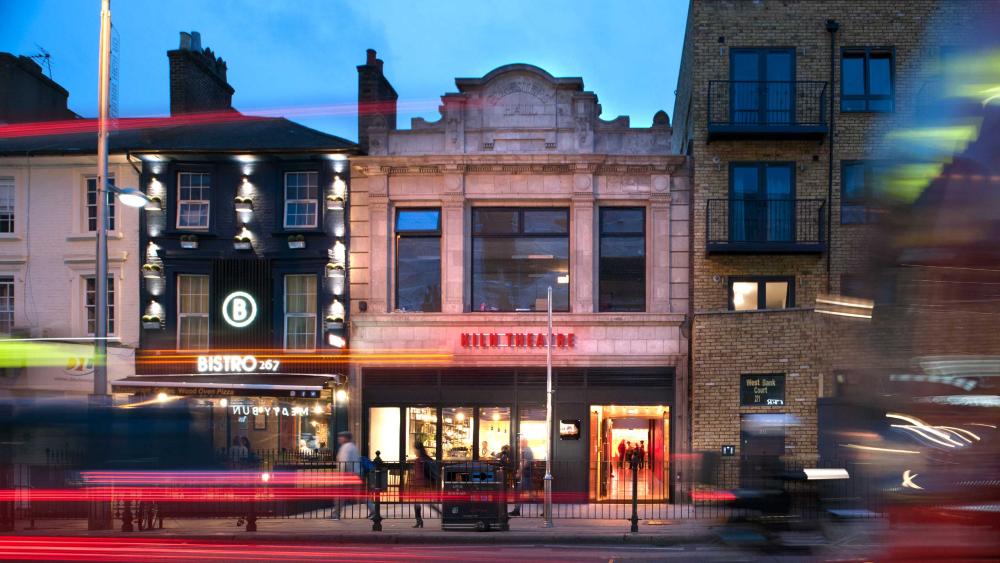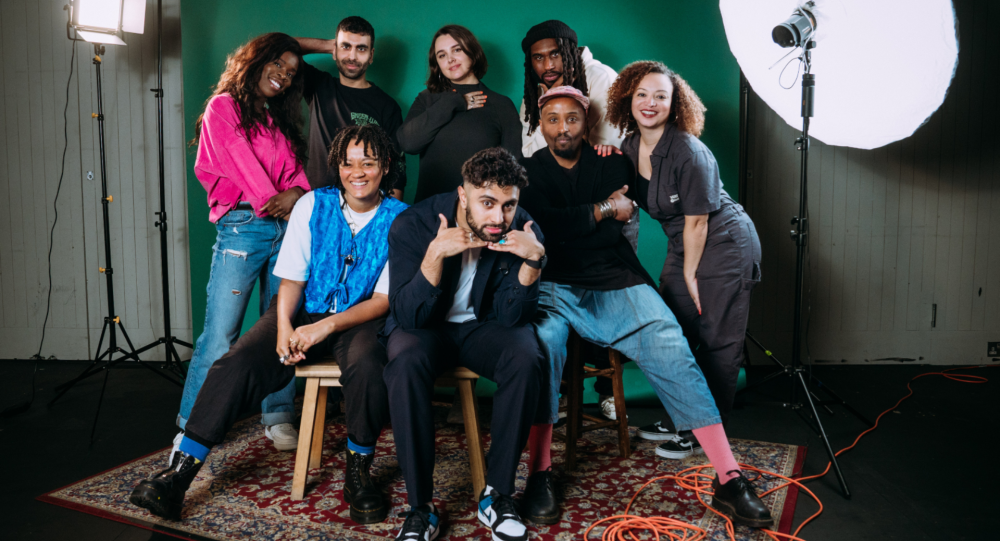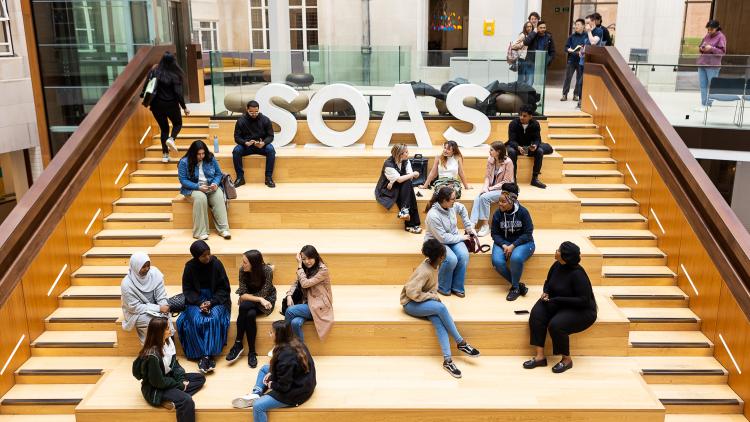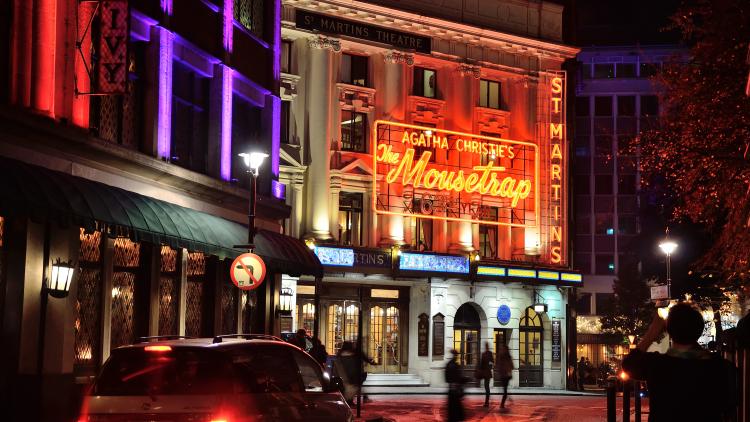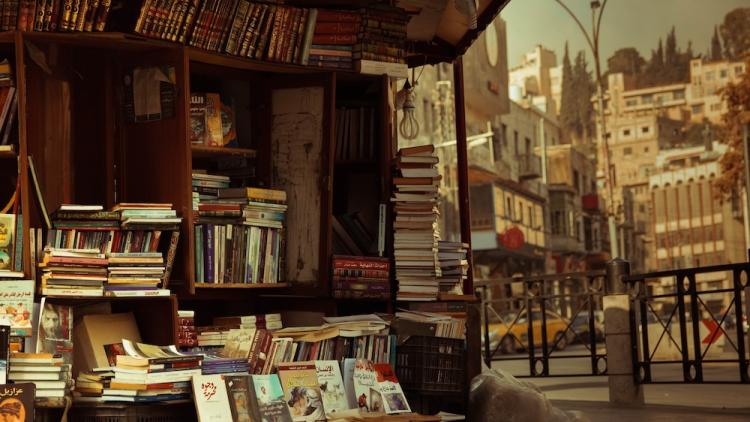Beyond the West End: A SOAS guide to London’s alternative theatre
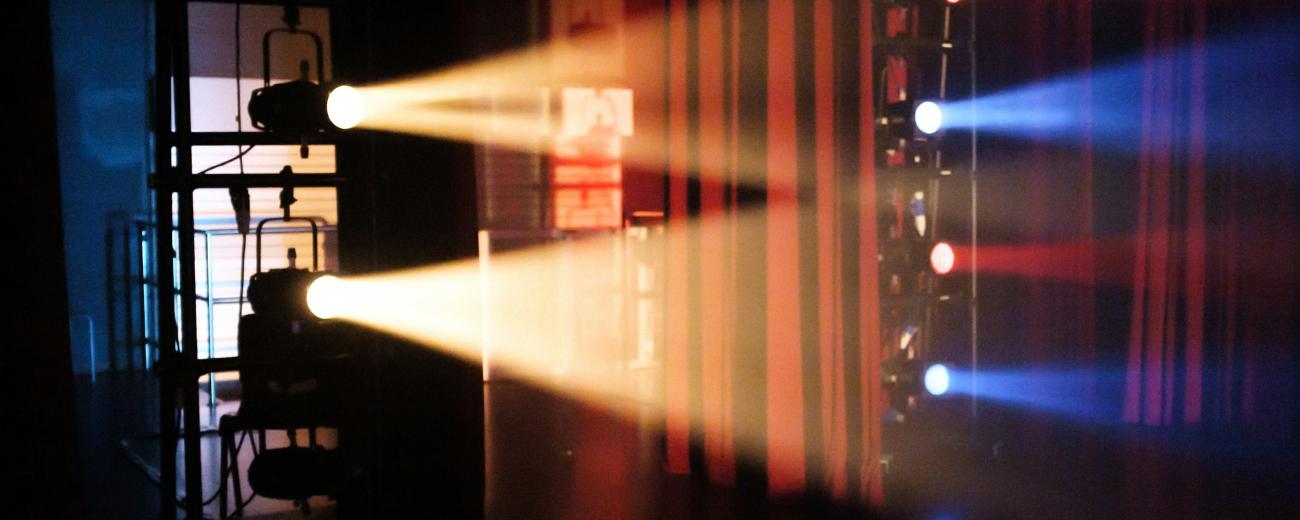

London’s theatre scene offers not only entertainment but also a space for telling untold stories and building community. Lilly shares her must-visit venues.
Alright, I guess I should just come out with it: I’m a theatre kid. Or at least, I was. I don’t perform nearly as often as I once did, but I like to think the bold, belting Elle Woods and Mayzie La Bird I embodied in adolescence still live inside me.
Not to sound too dramatic (thought that would be fitting), but nothing can compare to live theatre, from its addictive show tunes to its well-earned standing ovations. Yet beyond entertainment, SOAS has reminded me that theatre can be a critical tool for challenging structures of power, changing minds, and, above all, creating community.
SOAS has reminded me that theatre can be a critical tool for challenging structures of power, changing minds, and, above all, creating community.
So, here’s a list of nearby theatres I’ve discovered through SOAS faculty and fellow peers—artistic institutions that not only put on fantastic productions but also inspire critique through stagecraft.
Kiln Theatre
Formerly known as the Tricycle Theatre, the Kiln has been a home for both theatre and cinema since 1980, striving to “bring unheard voices into the mainstream.” I recently went with a few classmates to see their production of The Lonely Londoners, and I left the venue stunned, my mind replaying the imagined choreography over and over.
I’ve been looking forward to their upcoming production of Shanghai Dolls by playwright Amy Ngu ever since I arrived in London. The play follows two Chinese historical figures—Madame Mao and Sun Weishi—who first meet at an audition for A Doll’s House.
But what makes this theatre truly stand out is its Conversations at the Kiln series, which offers Londoners the chance to hear from international artists about their creative processes and the political inspirations for their work.
The Old Vic Theatre
This is easily the biggest theatre on this list—and the oldest too! As they put it, “The Old Vic is for anyone, and always will be. For generations to come.” Thanks to over two centuries of productions, its dramatic history includes air raids, the first stagings of Shakespeare's First Folio, and the career debuts of the likes of Judi Dench and Maggie Smith.
Recently, the Old Vic hosted Rami Malek and Indira Varma in Ella Hickson’s new adaptation of Oedipus, including Relaxed, Captioned, and British Sign Language (BSL) interpreted performances.
New Diorama Theatre
I probably shouldn’t play favourites, but at the recommendation of a few of my professors, I’ve managed to see every show in New Diorama’s season so far (at incredibly reasonable ticket prices), and I have no intention of stopping anytime soon.
[The show collaborated] with the Anti Raids Network—offering audiences practical lessons on resisting border enforcement within their communities.
Twice named Fringe Theatre of The Year, they’re known for producing politically poignant plays such as King Troll (The Fawn): “A dystopian tale about the corrosive impact of state racism and the monster within two migrant sisters.” I thought this show was especially remarkable given its collaboration with the Anti Raids Network—offering audiences practical lessons on resisting border enforcement within their communities.
Bush Theatre
The Bush Theatre first began with a theatrical adaptation of John Fowles’ The Collector in 1972. Since then, it's become a hub for emerging and established playwrights alike in its new location in the Passmore Edwards Public Library. One of their most unique projects? A celebration of the 400th anniversary of the King James Bible, where they produced a play for each of its 66 books.
Beyond the stage, the Bush Theatre is very committed to serving its local community, running programs like a play reading club and a writing group—the sort of creative gatherings that one can find all around SOAS.
Arcola Theatre
At Arcola, you’ll find a mix of new productions and reimaginings of the classics. I’m especially fond of their pay-what-you-can scheme, ensuring that their performances are accessible to as many people as possible. One of their most notable programs is the Arcola Lab, a residency that provides rehearsal space and showcases for ethnically diverse and refugee artists.
As Mehmet Ergen, Arcola’s Artistic Director, describes: “The diversity of artists involved in British Theatre is one its great strengths. The difficulty of gaining a footing in the arts establishment if you are not from a narrow range of backgrounds is one of its great weaknesses. Through Arcola Lab, we will bring more excellent art to more people by providing space and support for diverse artists.”
I’m also waiting not-so-patiently to see their “radical reimaging” of Simon Stephens’ play Heisenberg this year.
Whether or not you’re a retired theatre kid like me, I highly recommend a visit to at least one of these theatres. Odds are that you’ll run into someone from SOAS in the audience!
About the author
A.L. (Lilly) Clausen received an MFA in Writing from the University of San Francisco and a BA in International Political Economy from Sarah Lawrence College. She is currently an MA candidate in Cultural Studies at SOAS, University of London, where she researches the publishing industry through the framework of late-stage capitalism. When she's not lost in a good book, Lilly loves to sing, tap, and craft stories on the page.
